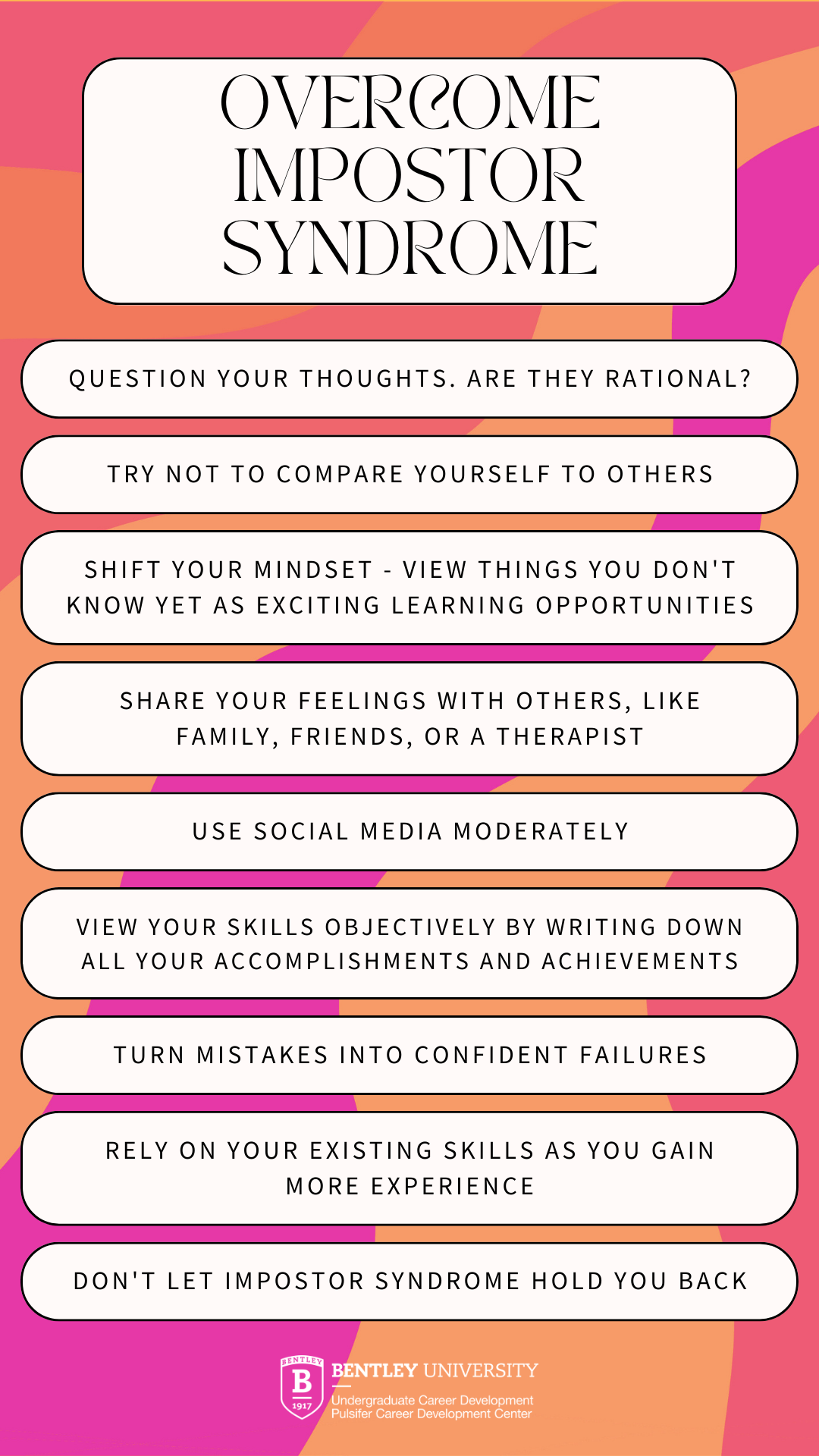Exploring Task Delays, Emotional Dependency, and Impostor Syndrome
Exploring Task Delays, Emotional Dependency, and Impostor Syndrome
Blog Article
Throughout our routines, we often encounter psychological obstacles that affect our frases sobre dependencia emocional well-being and success. Among the most common issues are procrastination, emotional dependency, and impostor syndrome. They can negatively influence our achievements, but understanding them is the first step to overcoming them.
In this article, we’ll explore what these issues are, how they develop, and practical ways to address them. By gaining this knowledge, you can enhance your mental clarity and live a more fulfilling life.
What is Procrastination?
Procrastination refers to the act of delaying tasks that require immediate attention. This behavior is often linked to emotional and psychological factors.

Studies reveal that procrastination is rooted in the brain’s preference for short-term rewards. People often procrastinate when they feel unmotivated or overwhelmed. Recognizing these triggers is essential to addressing the issue effectively.
What is Emotional Dependency?
Emotional dependency is characterized by a deep reliance on external relationships for approval, validation, or support. While building relationships is fundamental, excessive emotional dependency can harm both the individual and the relationship.
People with emotional dependency often feel insecure without constant reassurance. This behavior often stems from childhood experiences, such as a fear of abandonment or low self-esteem. Building self-awareness and working on personal growth can help reduce dependency and promote emotional balance.
What is Impostor Syndrome?
Impostor syndrome refers to the internalized fear of being exposed as a fraud. Despite evidence of competence, individuals with impostor syndrome doubt their own abilities.

This mindset can lead to chronic stress, low self-confidence, and missed opportunities. Studies have found that addressing impostor syndrome requires practicing self-compassion and recognizing personal achievements.
Strategies to Overcome These Challenges
If you want to improve your habits and mindset, consider implementing the following strategies:
- For procrastination: Break tasks into smaller steps and practice time management strategies such as the Pomodoro Technique.
- For emotional dependency: Focus on building self-esteem through activities like self-reflection and personal growth exercises.
- For impostor syndrome: Keep a journal of your achievements and seek support from trusted mentors or peers.
impostor impostor
The key to lasting change—practice these techniques daily to create long-term improvement.
Conclusion: Taking Charge of Your Mental Habits
These common psychological challenges can be overcome with dedication and the right tools. When you take proactive steps to address these issues, you set the stage for a more productive, confident, and fulfilling future.
Begin today—choose one strategy from this article and commit to making gradual progress. Over time, you’ll see improvements in your mindset and daily life.
Report this page